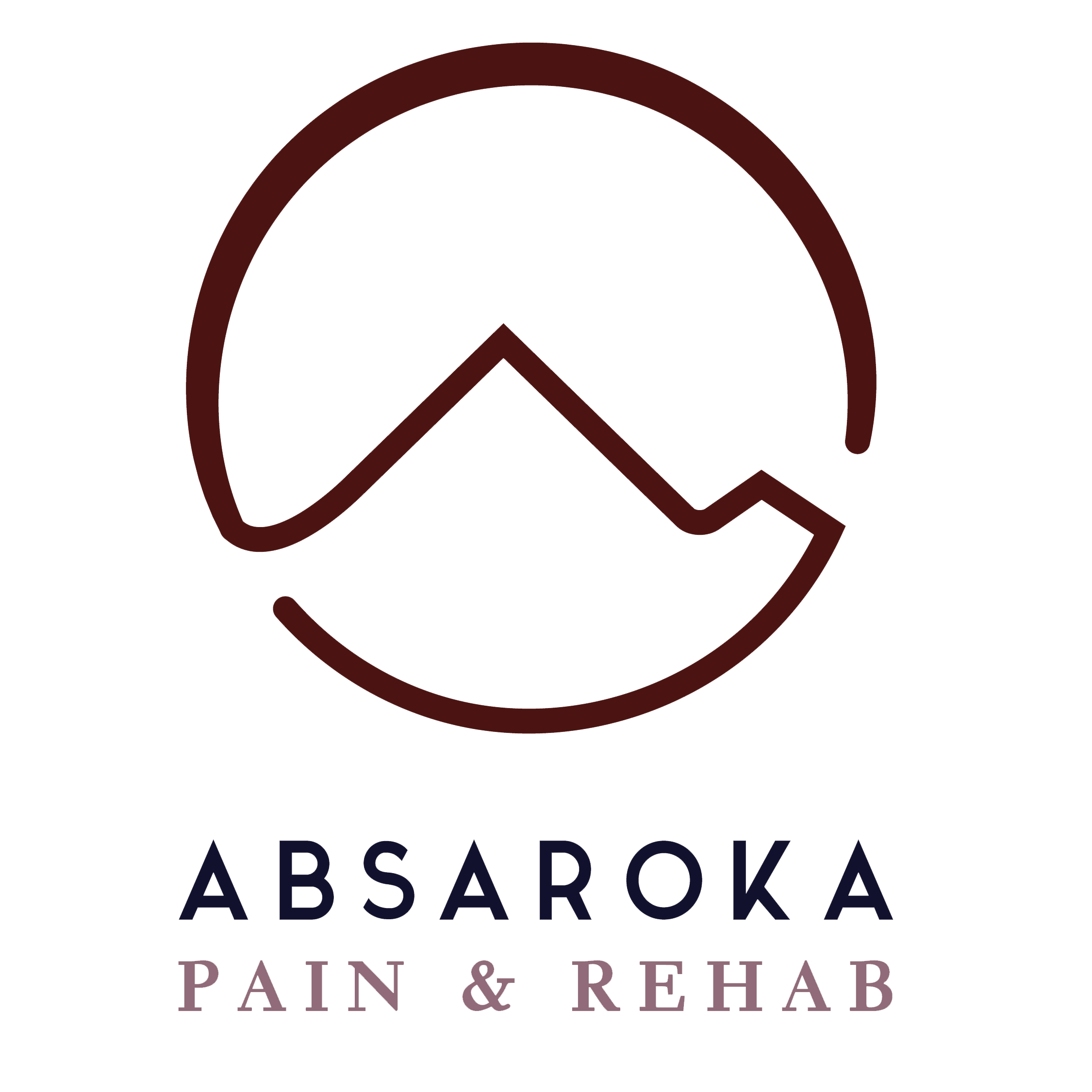People who have never tried chiropractic care may wonder what the benefits are. Chiropractors adjust the spine in a manner that takes the pressure off of nerves and helps restore function. As a result, this care can help patients in a...
Follow Us x
Pelvic Health & Physical Therapy
Why Pelvic Health Matters
Pelvic health is integral to our daily lives, despite the discomfort we may have when it comes to talking about our bladder or bowel issues. Are you noticing leakage with exercise, pain with sexual intercourse, or pelvic heaviness? Pelvic physical therapy may be the right fit for you! We strive to provide a safe, private, and respectful space where you can share your concerns and get the care you deserve.
Understanding the Pelvic Floor
Your pelvic floor is a group of muscles that acts as a sling to support your bladder, bowel, and reproductive organs. It also assists in urination and defecation. Without proper contraction and relaxation of these muscles, it can lead to:
- Leakage
- Pain
- Difficulty with bowel movements
- And more
How Pelvic Floor Therapy Helps
Pelvic floor physical therapy uses gentle exercises, education, and hands-on techniques to restore:
- Strength
- Coordination
- Comfort
Common Conditions Addressed
Bladder
- Leakage, urgency, frequency
- Retention, prolapse
Bowel
- Constipation
- Leakage
- Gas leakage
- Diarrhea
Pelvic Pain
- Vulvodynia
- Endometriosis
- Pelvic congestion syndrome
- Interstitial cystitis or painful bladder syndrome
- Pudendal neuralgia
- Coccyx pain
Sexual Health
- Pain with intercourse or dyspareunia
- Vaginismus
Post-Operative Recovery
- Hysterectomy
- Cesarean section
- Prolapse repair
Prenatal and Post-Partum Care
Pelvic pain is often correlated with hip and low back pain, which can be treated in conjunction with any of the pelvic conditions above.
Benefits of Pelvic Floor Physical Therapy
- Improved bladder and bowel control
- Reduced pelvic pain
- Better sexual health and comfort
- Faster postpartum recovery
- Increased core and pelvic strength and stability
Frequently Asked Questions (FAQ)
What can be expected at the first visit?
The first session will consist of history taking and specific questions to get to the root cause of your symptoms. Based on this conversation, the best course of action will be taken throughout the physical examination.
Permission will be asked before each step throughout the examination. Your comfort is our first priority and questions are encouraged to allow you to feel safe. Depending on time, treatment may also be added, and you'll leave with a few exercises at the end of the first visit.
Is an internal examination always performed?
The internal examination is the best way to assess pelvic floor muscle strength and identify the root cause of any pain-although it is never required and will only be performed if you are comfortable with it. Questions are encouraged and will be answered throughout the process to ensure your best understanding. Alternative options are also available so you can decide what you're most comfortable with.
Will Kegel exercises help with my pain?
No, Kegel exercises aren't for everyone. Sometimes your pelvic floor needs strengthening-other times it needs relaxation. Doing the wrong exercise can make symptoms worse.
Pelvic floor dysfunction can be more complex than just strengthening the muscles. We will work together to identify if there are coordination challenges, fatigue, overactivity, or other musculoskeletal imbalances contributing to your pelvic pain.
Reach out to our office at 406-587-8446 and we will be happy to assist you in getting back on your path to independence.
Many people struggle to recover from injuries sustained from a serious car crash even with medication and treatment, but chiropractic care can help individuals find relief from the pain. A chiropractor is a type of health care professional...
We’ve talked a lot about how your Forward Head Posture can affect your body in a magnitude of ways—from back pain, to arm numbness, and even vertigo. Today we will be looking specifically at how Forward Neck Posture can be related to...
Chiropractic spinal adjustment, otherwise referred to as chiropractic manipulation, is a technique that chiropractors use to treat issues with the vertebrae. Many cases of back pain do not improve through medication and physical therapy, and for...
Many have found relief from back and neck pain through spinal decompression, and it is one of the more trusted forms of treatment for a wide variety of back issues. By gaining a full understanding of spinal decompression, you can determine...


